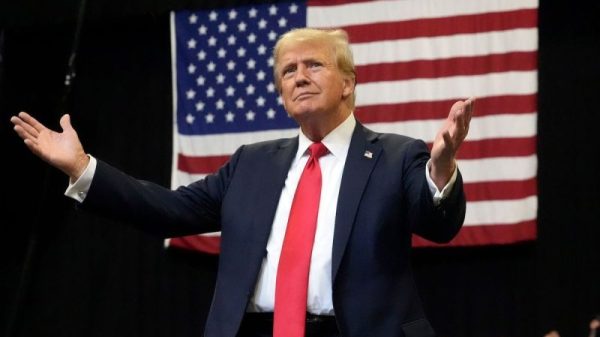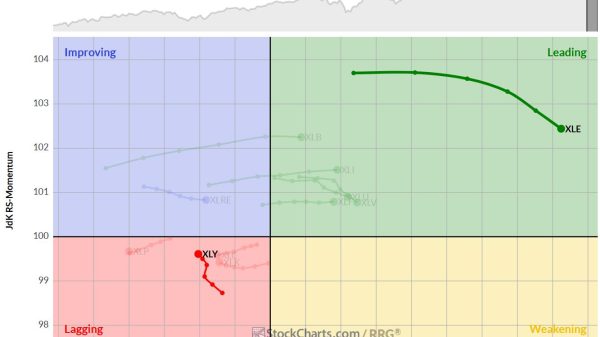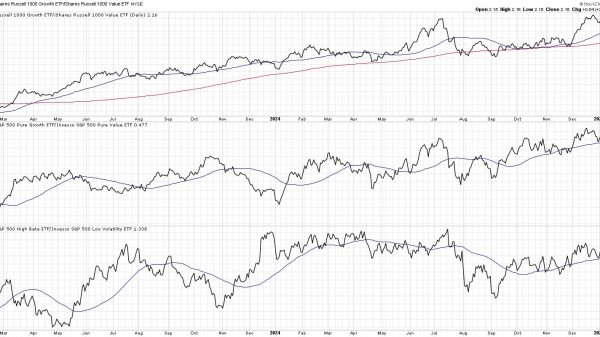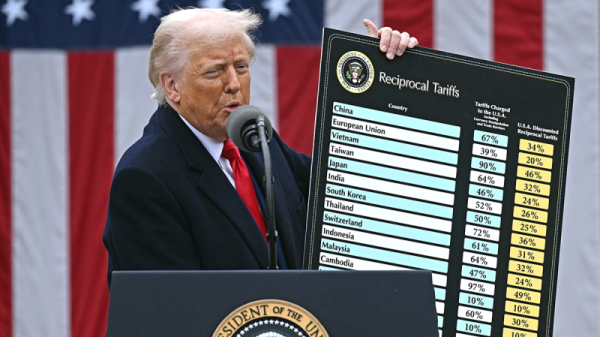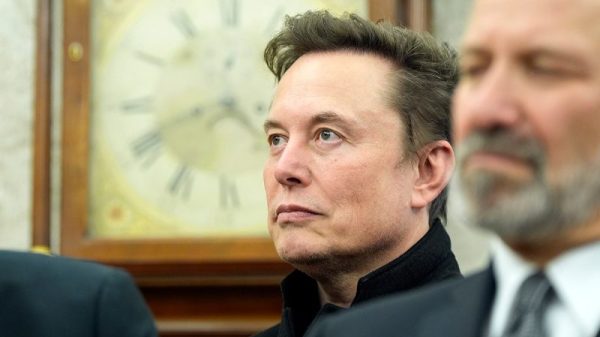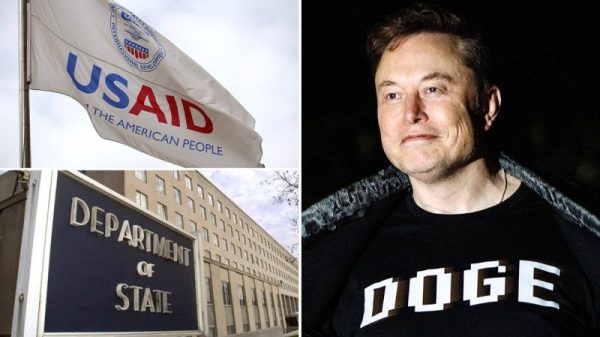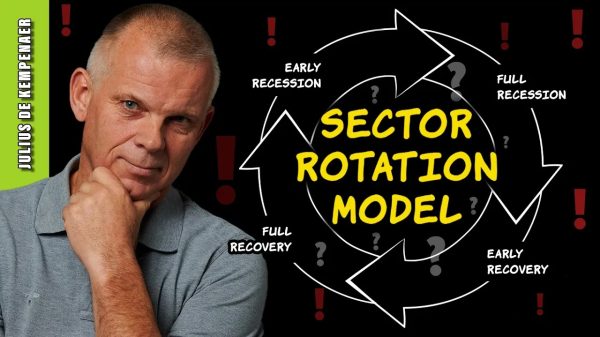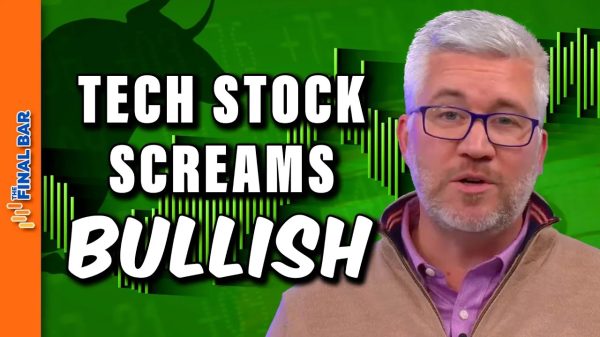It’s the end of an era. Volkswagen has just announced that it is planning the closure of two of its German auto manufacturing plants for the first time in its corporate history. In the face of rising competitive pressures from China, its leadership made the seemingly prudent decision to shutter unprofitable operations and concentrate resources elsewhere. The forces of global competition have done what even Allied bombing campaigns could not: close Germany’s more venerable manufacturing plants.
The looming closures, however, are not what spells the end of an era. Rather, it is the response to the planned closures that bodes ill, and not just for Volkswagen but Germany, and free-market economies more broadly. A bloc of interventionists, from labor unions to government ministers, has leapt into the breach, proclaiming their intent to “prohibit” Volkswagen’s intended course. They wish, in short, to force the private company to sustain the unsustainable — intending, by using the power of advocacy, to prevent the kind of creative destruction that makes modern economies flourish.
Daniela Cavallo, a leading representative of Volkswagen’s General Works Council, for instance, says that Volkswagen’s management decision “is not just a disgrace. It’s a declaration of bankruptcy… Closing factories? Terminations for operational reasons? Cutting wages? Such ideas would only be admissible in one scenario! And that is if the entire business model is dead.” Trade union activists like her are insistent that Volkswagen be prohibited from doing what must be done.
She is, of course, exactly wrong. Closing plants and cutting wages cannot remotely be interpreted as signs that an “entire business model is dead.” In fact, such adjustments are absolutely necessary components in maintaining a vigorous and functioning business model which can freely reallocate resources in the face of a constantly shifting landscape. While the comfortably insulated inhabitants of Wolfsburg may not wish to hear it, the world has shifted in substantial ways and there is no inherent right to business-as-usual.
Not surprisingly, politicians have weighed in as well. Lower Saxony Governor Stephan Weil has said the company “needs to address its costs but should avoid plant closings.” While that’s easy for him to say, it’s not clear how VW is going to solve the fundamental mismatch between high operating costs and lowered consumer demand.
And the problem is deeper than merely the market’s softening for German cars. VW has, among other political intrigues, been asked to help meet government mandates by producing more electric cars to meet state emissions targets. Unfortunately for VW, fewer and fewer buyers seem to be open to the electric revolution, especially with the abrupt end in taxpayer-funded electric car subsidies. State tinkering, in other words, is having its predictable effect: laws to artificially boost demand cannot also artificially boost supply in the long term. Something had to give, and now there is hell to pay.
VW’s problems with government go beyond mere market tampering. Since state government holds 20% of the voting rights at the firm, and employee representatives hold half, VW finds itself in something of a pickle. One might say Wolfburg has VW by the ears — the company can neither continue as it has, nor let its political masters go.
And this may the rub: since VW has so heavily relied on state subsidies, much of the talk about factory closures may in fact be industrial-political theater. With threats to close assembly lines causing such raucous dissent (and international headlines), there is some cynical justification for believing this all may be a ploy to scare politicians into re-introducing EV subsidies, thereby juicing VW’s bottom line. It’s an old gambit, to be sure — keep the gravy flowing or we will have to make some uncomfortable scenes…
Whether or not threats to shutter factories are a sham, the overt market manipulations on display represent a serious blow to the efficient allocation of resources. Left unchecked, Germany’s days as an economic engine will be numbered: as its motor sputters and slows under the increasing drag of bureaucratic strictures, it will inevitably backslide into Soviet-style industrialism in which political clout matters more than efficient production. While German labor activists jostle to “save jobs,” and politicians jockey to coddle a titan of industry, they are unwittingly knocking the supports from under a system that led to Germany’s famous prosperity in the first place. Advocates of “protection” cannot defy the basic laws of economics regardless of how loudly they object. The jobs they wish to save will instead be cruelly wiped away in a global floodtide, its comfortably insulated beneficiaries immiserated under the onslaught of the inevitable.
Dismal as this all sounds, it is not a certain death-knell. Bureaucratic sclerosis, after all, displays its own cycles of creative destruction. Sensible people (and Germany has more than a few) may yet call a halt to these kinds of clumsy and counterproductive market interventions. It is entirely conceivable that freed from the fetters of state and union mandates, VW can find a creative way off of its destructive path. But if it does not, it may well mark the end of a free-market era in Germany, with enormous implications for Europe’s largest economy.


